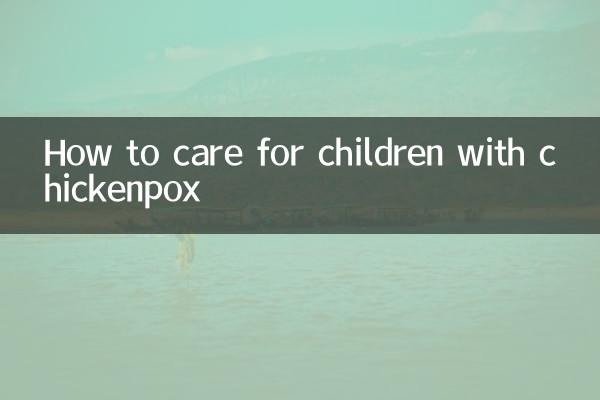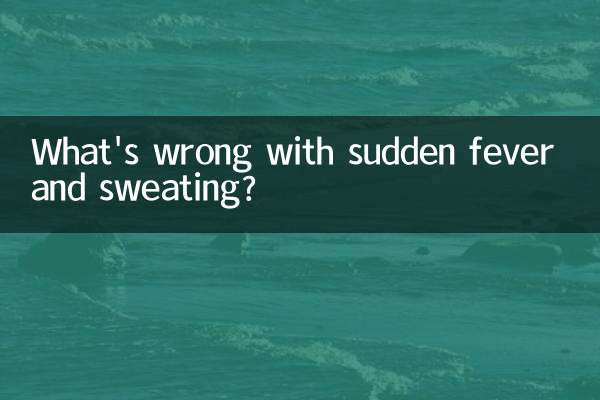How to care for children with chickenpox
Chickenpox is a common childhood infectious disease caused by the varicella-zoster virus that usually occurs in spring and winter. Recently, there has been a lot of discussion about chickenpox care on the Internet, and many parents are concerned about how to scientifically care for children with chickenpox. The following is a guide to caring for children with chickenpox, compiled based on hot topics and hot content in the past 10 days.
1. Basic symptoms of chickenpox

Typical symptoms of chickenpox include fever, skin rash, blisters, and itching. Here is a detailed description of the symptoms of chickenpox:
| symptom | describe |
|---|---|
| fever | Usually it appears 1-2 days before the rash occurs, and the body temperature can reach 38-39°C. |
| rash | It starts as small red spots that gradually develop into blisters and eventually scabs. |
| itching | The blisters are accompanied by significant itching, and the child may become infected by scratching. |
2. How to care for chickenpox
When caring for children with chickenpox, special attention should be paid to the following aspects:
1. Keep your skin clean
Gently wash the affected area with warm water every day and avoid using soaps or harsh cleansers. After bathing, pat your skin gently without scrubbing too hard.
2. Relieve itching
You can wear loose cotton clothing for your child to avoid scratching. Your doctor may recommend calamine lotion or antihistamine medication to relieve itching.
3. Control fever
If your child has a fever, you can take a fever-reducing medicine (such as acetaminophen), but avoid aspirin, which can cause Reye's syndrome.
4. Dietary conditioning
Provide your child with light and easy-to-digest food, drink plenty of water, and avoid spicy and greasy food.
| Nursing matters | Specific measures |
|---|---|
| skin cleansing | Wash with warm water and avoid scratching. |
| Clothing selection | Loose cotton clothing to reduce friction. |
| Fever reduction treatment | Use acetaminophen and avoid aspirin. |
3. When Do You Need Medical Treatment?
Most cases of chickenpox can be cared for at home, but the following should prompt medical attention:
1. High fever that persists (body temperature exceeds 39°C).
2. The blisters become suppurated or seriously infected.
3. The child has difficulty breathing, drowsiness or confusion.
4. Prevent the spread of chickenpox
Chickenpox is highly contagious and can be spread through droplets and contact. Here are the measures to prevent the spread:
| Precautions | illustrate |
|---|---|
| Isolate children | Avoid contact with other children until the chickenpox has scabbed over. |
| Get vaccinated | Chickenpox vaccine is an effective way to prevent chickenpox. |
| Disinfect environment | Clean toys and household surfaces regularly. |
5. Frequently Asked Questions for Parents
Based on recent hot topics, here are some of the issues parents are most concerned about:
1. Will chickenpox leave scars?
Chickenpox usually does not leave scars if you take care of it properly and avoid scratching.
2. Is it necessary to get the chickenpox vaccine?
Chickenpox vaccine can effectively prevent chickenpox or reduce symptoms. It is recommended to be vaccinated on time.
3. Can I take a shower during chickenpox?
You can take a bath, but use warm water and avoid rubbing your skin.
Summarize
Although chickenpox is common, scientific care and preventive measures can effectively reduce your child's discomfort and avoid complications. Parents should pay close attention to their children's symptoms and seek medical treatment promptly if necessary. In the meantime, vaccination is the best way to prevent chickenpox.

check the details

check the details